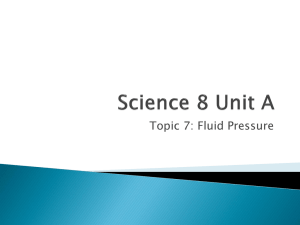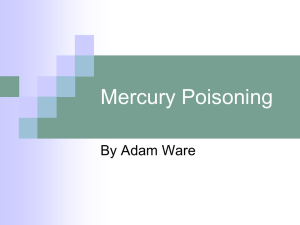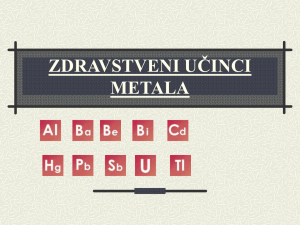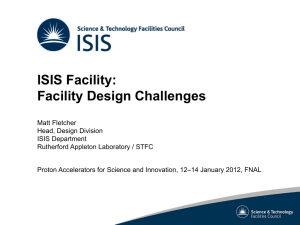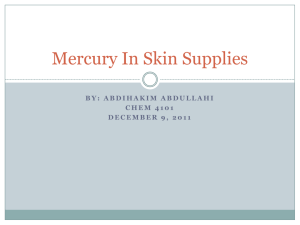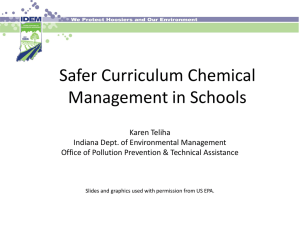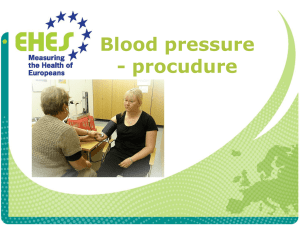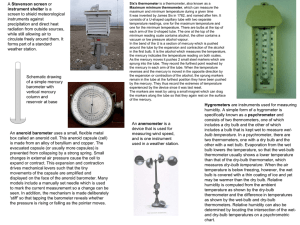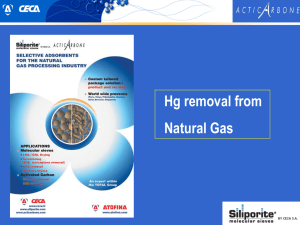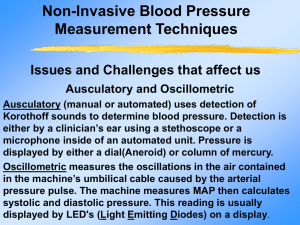Fin 321 case presentation
advertisement
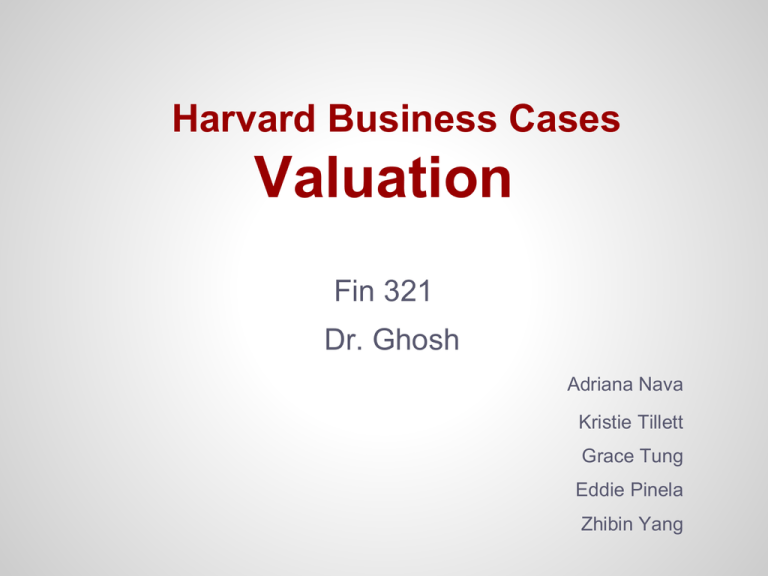
Harvard Business Cases Valuation Fin 321 Dr. Ghosh Adriana Nava Kristie Tillett Grace Tung Eddie Pinela Zhibin Yang Outline • • • • • Introduction o o Background History Question I : Is Mercury an appropriate target? Question II: Are the given projections appropriate? Question III: Estimate the value of Mercury o Given information o Formulas o Detailed calculations Conclusion West Coast Fashions Inc. • • WCF is a large designer and marketer of men's and women's branded apparel WCF is planning for a reorganization which includes the shedding of its footwear division, Mercury Athletic Athletic and Casual Footwear Industry • • • • • • • Competitive Casual segment Athletic segment Lifecycle 12-16 months Import taxes and tariffs China Mercury Athletic • • • • • • • Branded athletic / Casual footwear Mercury was founded by Daniel Fiore $431.1 million / $51.8 million Financial Performance Mercury products Athletic Footwear o Men - largest segment and constituted its core business o Women - had subpar performance Casual Footwear o o Men - peaked in 2004, declined since then Women - worse-performing line of shoes Mercury Athletic • • Performance • Mercury's prospective buyer was Active Gear Inc. In late 2006 o Didn't fit with WCF Mercury's size customers brand image o Determined to sell the business Active Gear Inc. • • • • • • • Founded in 1965 Privately held footwear company The most profitable firms in the footwear industry Beginning 1970s o Casual/ recreational footwear o Age 25-45 Sold by 5700 retail stores Outsourcing However, the company was much smaller than many competitors and AGI's executives felt its small size was becoming a competitive disadvantage Given Information • • • • • • Cost of debt - 6% Risk free rate1 - 4.93% Risk free rate2- 4.69% Expected market return - 9.7% Tax rate - 40% Beta - 1.6 Question I Is mercury an appropriate target for AGI? Why or why not? Estimates based on assumptions Sufficient evidence to suggest it will be advantageous for AGI to acquire Mercury Athletics. Culture is important o If the cultures drastically differ Inhibit efficiency Effectiveness of strategic planning. • • • Diagram • Diagram 1 Acti • The revenues o Comparable o Very closely identical Mercury athletic has lower overhead costs o Acquisition More leverage with producers. o Question II Review the projections formulated by Liedtke. Are they appropriate? How would you recommend modifying them? • • CAGR = 9.7% o Expected market return V.S. CAGR o CAGR has no risk in formula 3.0% revenue growth end of time Question III Estimate the value of Mercury using a discounted cash flow approach and Liedtke’s base case projections. Please show your work, and explain any assumptions that you make. Free cash flows cont. • We repeated the same process for cash flow years 2008 -2011. o o o o 2008 - $26,729 2009 - $22,098 2010 - $25,473 2011 - $29,544 Cost of Equity CAPM = K + β ( K - K ) 4.93%+ 1.6 (9.7%-4.69%) = 12.95% (Cost ) *assumption CAGR RF1 M S RF2 WACC WACC = W cost (1 - T) + W cost D D s s 0.2 [0.06 ( 1- 0.4)] +0.8 (0.1295) =0.0072 + 0.1036 =11.08% Terminal Value Formulas V = FCF ( 1 +g WACC-g N n FCF ) FCF = $29,544 ( 1 + 0.03) 0.1108 - 0.03 = $376,613 Enterprise Value Conclusion Based on enterprise value $359,653 as well as increasing market share in manufacturing leverage we believe that AGI should go through with the acquisition at the enterprise value price. ANY QUESTIONS?! Thank you!
